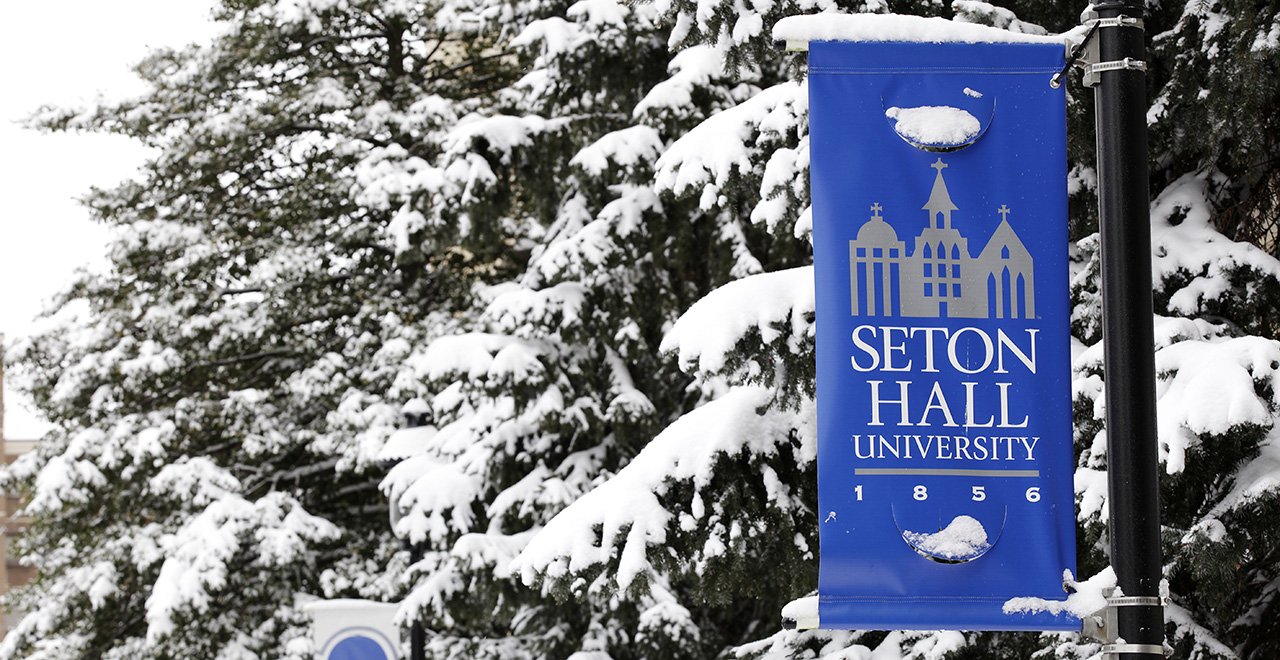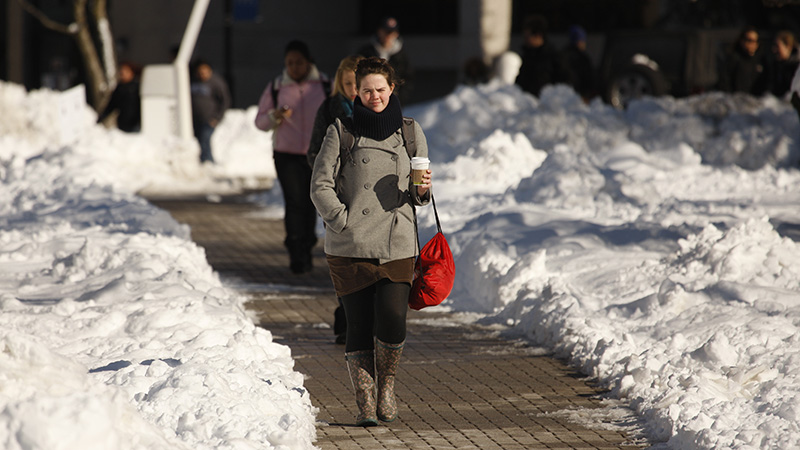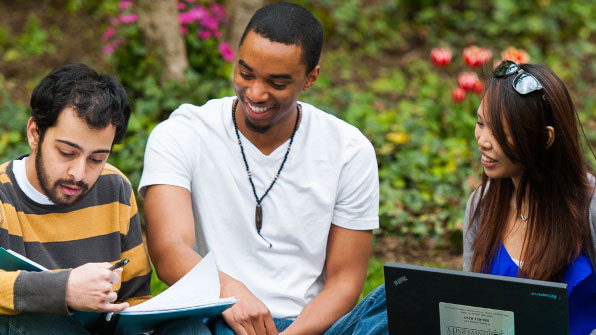When the weather outside is frightful, there’s no better time to stay in, stay warm, and take an online course to move even closer toward your degree. Whether you want to free up your spring, accelerate your graduation date, or squeeze in an elective between semesters, Winter Session is the perfect opportunity.

Frequently Asked Questions
Have a question about Seton Hall's winter session? Check here first for an answer.





